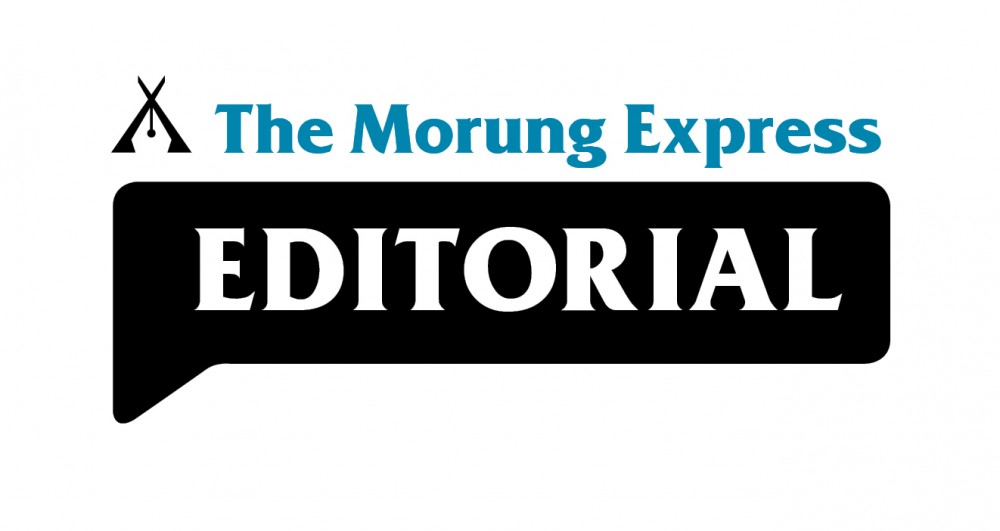
In today’s real politik, humanity is faced with multiple closures of physical and democratic spaces by Corporate Globalism and Militarized States made possible through economic exploitation aided by political oppression. This has brought into focus the formidable interplay of military might, violence, poverty, inequality, and non-sustainability. And at the center of this interplay, the idea of development has often been used by ‘the powers that be’ to justify their current position and maintain the status quo.
The transformative force of development is missing in many of today’s development frameworks. This is largely because development has been repackaged as a state-centric paradigm rather than a people-centered process. As a result, the political, social and cultural facets of development have been disconnected from the wholistic philosophy and positive impact of development.
The Nobel Laureate, Economist and Philosopher, Amartya Sen emphasizes and asserts the need to reconnect development with freedom. In doing so, development creates a fertile base for emerging democratic ideas and freedoms through inclusive participatory processes which serves as an impetus towards increasing the development of political, social, cultural and economic freedoms. These freedoms serve as the underpinning forces for transformation.
Genuine development is an inclusive, egalitarian, participatory, stimulating awakening process, ways in which people at the grassroots level recognize themselves and realize their fullest potential through shared projects and activities that benefit the greater community. On the other hand, the powers that be have effectively reduced development as a mechanical response to the various challenges of modern life.
The idea of development has been hijacked and is being used as a means to justify and re-create the status quo of injustice in which the poor and the marginalized are forced to suffer peacefully. From the standpoint of oppressed and marginalized persons, it becomes necessary to articulate transformation as an idea that transcends development. After all transformation, occurs only when it is carried out with the people, not for them.
To put these two praxis in context, let us listen to Sundeep Waslekar, who says, “We now need transformation to include the excluded in our world of opportunity. Development was about help. Transformation is about empowerment. Development was about survival. Transformation is about actualisation. Development was about the context of despair. Transformation is about the context of hope. Development was needed to provide life. Transformation is essential to provide meaning to life.” Waslekar, further adds that the framework of transformation is: “Not just literacy, but capacity building; Not just poverty alleviation, but productive employment; Not just high income, but high esteem; Not just governance, but participation; and Not just investments, but partnership.”
Through participatory transformation processes and praxis an inclusive world can be created in which we can learn to appreciate other ideas, worldviews, cultures, governance systems and apply the best, in order to improve our own societies. Its process is transparent and fully accountable to the people that effectively reduce oppression, exploitation and corruption. Transformation opens the space to stimulate imaginations and dreams, and establish inclusive political systems where an individual can freely think and act and chart their own destiny.
In the present Naga context, our empirical understanding informs us that development has been defined from the perspective of the State, and not the People. Too often the idea of development is misrepresented and though seductive in form, its content is not life giving. Therefore, existing development policies will not meet and fulfill the basic needs of the common people. We need to rethink and redefine development, and recognize its link to freedom and peacebuilding. Amartya Sen would encourage us to reconnect and reestablish the dialectical relationship between development and freedom.
Are Nagas persuaded to engage in a transformative process? This journey would ask us to share common responsibilities, to be flexible, and explore new ways of thinking in the interest of our shared future that are consistent with our indigenous values and way of life.






